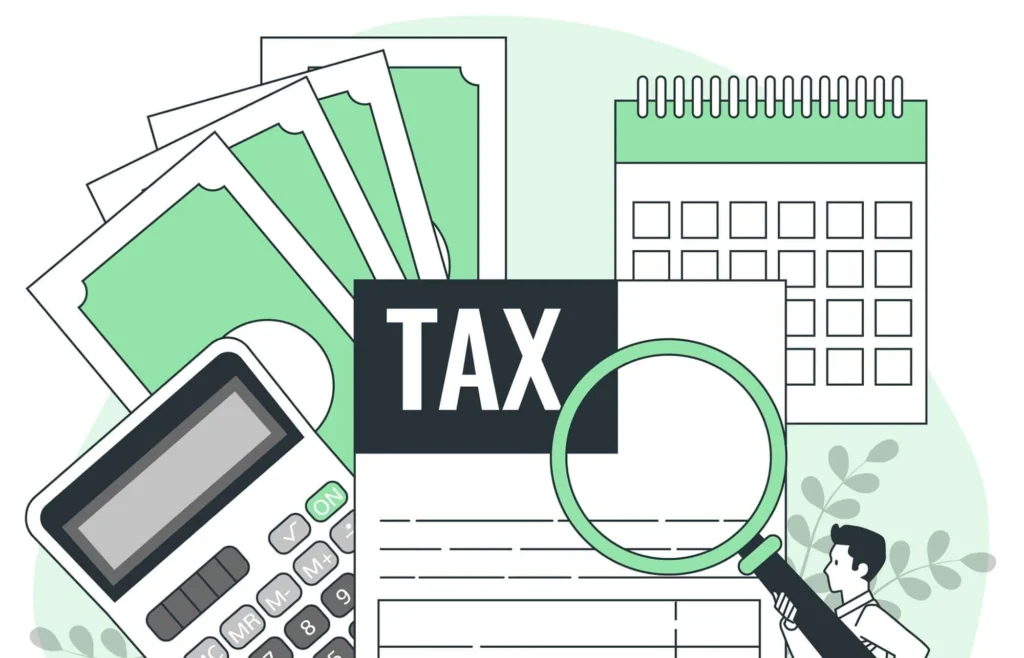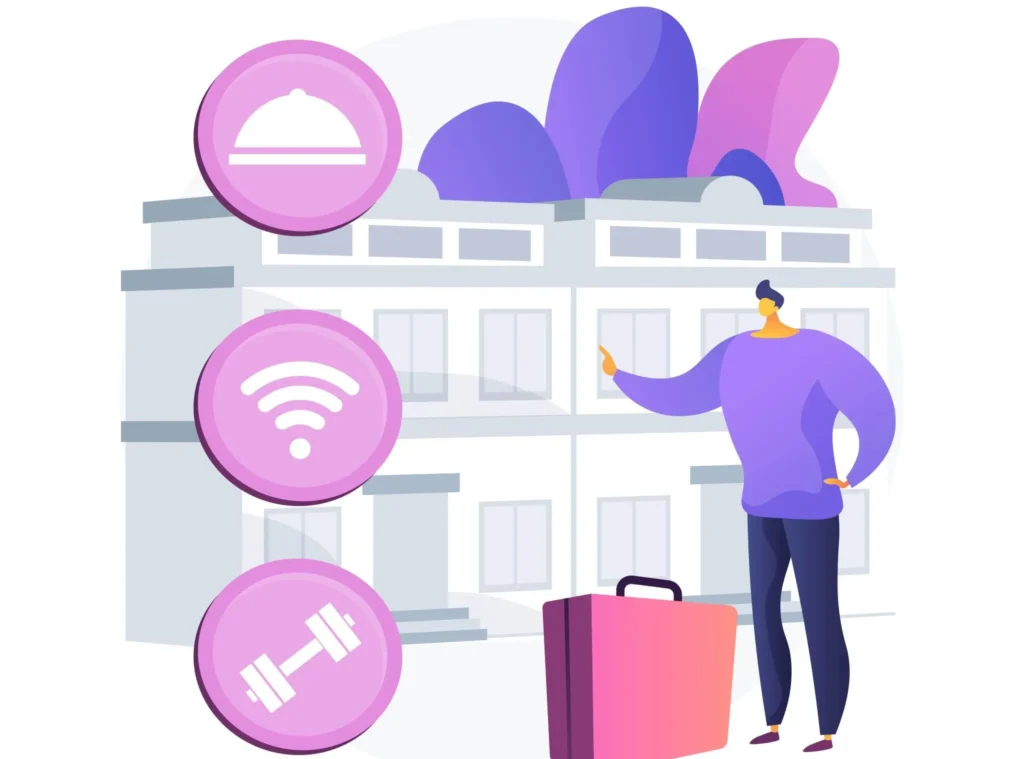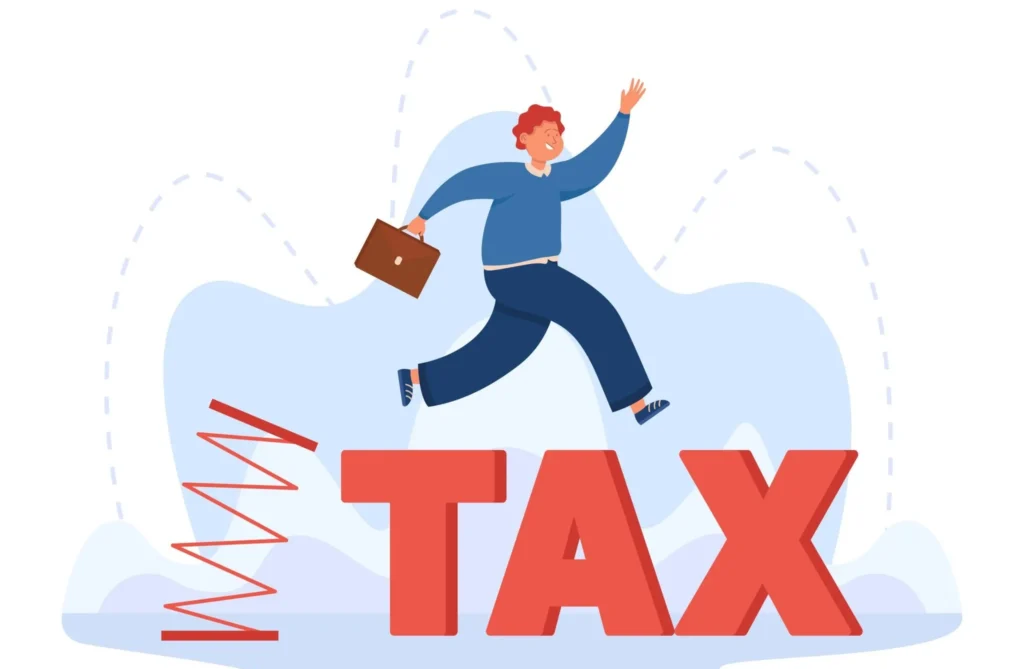The hotel industry is a thriving sector within the hospitality and tourism industry, encompassing a wide range of accommodations that cater to travellers’ lodging needs. Hotels often provide a range of guest accommodations, from inexpensive lodging to opulent resorts, including different room types, amenities, and services.
The term “serviced accommodation” describes a rapidly expanding market area that offers completely furnished homes, flats, or condos for transient visitors. Serviced lodgings combine the comfort of hotel-like amenities, such as housekeeping and concierge services, with a home-like experience.
Due to its versatility, this industry has grown in popularity, especially with travellers looking for longer stays or greater living spaces while preserving home comforts.
Hotel Industry
Hotel Industry, being a branch of the hospitality industry, specializes in providing its customers with accommodation services.
The Hospitality Industry is a broad term concerned mainly with different industries such as Hotels, Food and Beverages, Travel, Event Management etc.

In general, hotels can be understood as Commercial Establishments providing lodging (furnished sleeping accommodation), meals, and other facilities/amenities such as laundry services, communal TV or restrooms, and phone services for guests and visitors.
A common type of facility provided nowadays is B&B, which refers to Bed and Breakfast. This type of facility generally provides the guest with accommodation along with the option of breakfast.
However, an establishment does not have to provide food or other facilities to be regarded as a hotel, inn, or boarding house.
Market Size and Growth
It is a well-known fact that the Hospitality sector is the most affected sector due to the recent pandemic. As a result, the market size has dropped significantly. The market size of the hotel and resort sector worldwide peaked at 1.52 trillion USD in 2019.
However, due to the coronavirus (COVID-19) pandemic, the market size has dropped significantly below 1 trillion USD in 2020 and 2021. The market has gradually started to take its pace, and the market size is forecasted to reach around 1.21 trillion USD in 2023. (Data Source: Statista.com)
Tax Implications in Hotels
Hotels are a service provider for the accommodation facility to its guests. These are like any other business organization regarding the accounting practice.

However, in addition to General Accounting Practices, we need to focus on specific areas where the accounting of Hotel Business is concerned.
VAT Registration
All business organisations are required to register for VAT if their income exceeds £85000 per year. Hotels must also register to VAT if their income exceeds the prescribed limit.
VAT Rate applicability (Flat Rate or Standard Rate)
The standard VAT rate applicable for businesses operating in the UK is 20%. However, the UK government has also provided relief in VAT payment through the Flat Rate Scheme.
Businesses can join the Flat Rate Scheme if:
- It is a VAT-registered business.
- Expect VAT taxable turnover to be £150,000 or less (excluding VAT) in the next 12 months.
The turnover can exceed the prescribed limit once a business joins the Flat Rate Scheme. However, if the turnover goes above £230,000 (Including VAT), the business must leave the scheme, and a standard rate of VAT is applicable for the business.
For hoteliers and holiday lettings operators, this flat fee is 10.5%. So, when a business rents a room, it pays HMRC 10.5% of the room price, including VAT.
However, using a flat rate has some limitations as well. Businesses using the Flat rate can’t claim VAT back on the everyday expenses of their business.
VAT Liability of Accommodation
During the pandemic, HMRC has relieved the hospitality sector through a temporarily reduced VAT rate. These temporary reduced rates applied to tourism and hospitality businesses ended on 31st March 2022.
The temporary reduced rates have been applied for the following periods:
- 5% from 15 July 2020 to 30 September 2021
- 12.5% from 1 October 2021 to 31 March 2022
From 1st April 2022, the normal VAT rules apply, and VAT should be charged at the standard rate.
Reduced VAT for Long Stay Guests
The rule for long-stay guests has been introduced to allow the charge for the actual sleeping accommodation element of the supply to be relieved from VAT when a guest stays for over 28 consecutive days (4 Weeks).
However, the supply of accommodation does not become exempt from VAT; it is still taxable, and the normal input tax rules apply. This rule intends to make the supply of sleeping accommodation services relieved from VAT but still makes the other facilities (except sleeping accommodation) incorporated with the accommodation service chargeable to VAT.
Such facilities may be Food, Room Service, Laundry, etc., supplied along with the accommodation service, which shall still be chargeable to VAT.
The following points give a detailed outline for applying the long stay rule (above 28 days of stay) in the hotel business.
- Any additional services, if included in the single charge to the customer, must be excluded as these charges are subject to VAT—for example, charges for food, newspaper, etc., are provided to customers upon request.
- The remaining amount after the exclusion of Add-on services is the accommodation charge. If any facilities are included in the accommodation charge, values for such facilities need to be quantified.Such facilities are attached to accommodation services and provided to customers even if they don’t make specific requirements for such facilities—for example, room service, Television, radio, etc.
- VAT is chargeable on the values of such facilities or 20% of accommodation charges calculated in Step 1, whichever is higher.
For Example, if an individual Stays in a hotel for 5 weeks, the Standard VAT rate applies to his stay for 4 weeks. From the fifth week onward, VAT on accommodation is relieved, and only other facilities associated with Accommodation are chargeable to VAT.
Suppose the weekly charge for the accommodation of a hotel is £100. If such charges include charges for Food and other extras, cost £45 per week, and it is estimated that the value of facilities as such included in the accommodation charge is £25.

VAT is calculated as shown below from week 5 onwards:
|
|
Per Week (Excluding VAT) | |
|
Week 5 |
100 |
—- |
|
Less: |
—- |
—- |
|
Estimated value of food and other extras such as newspapers included in the charge |
45 |
45 |
|
Value of accommodation provided |
55 |
—- |
|
Value of other facilities (e.g., room service, stationery, cleaning, flowers, laundry, radio, television entertainment and porterage); greater of: |
—- |
—- |
| 1. 20% × £ 55 |
11 |
—- |
2. Estimated value of facilities |
25 |
25 |
|
VAT Chargeable Services for Week 5 |
—- |
70 |
From week 5 onwards, the hotel is required to charge VAT on £70 only.
Corporation Tax
Hotel businesses, unlike other businesses in the UK, are required to pay Corporation Tax against their taxable profits. The Corporate Tax rate applicable for the Business in the UK ranges from 19% to 25% depending upon the profit earned by the business.
Capital Allowance
A capital allowance is a capital expenditure a business may claim against its taxable profit. As a result, these allowances help reduce a business’s tax burden.
Capital allowances may be claimed on most assets purchased for use in the business, ranging from equipment and research costs to expenses for building renovations.
Check our article “Capital Allowances on Property Business” for more detail.
Stamp Duty Land Tax (SDLT)
As per Section 116(3)(f) of the Finance Act 2003, Hotels, Inns, and similar establishments shall not be considered dwelling establishments for the purpose of stamp duty and thus considered non-residential property. As such, the Stamp Duty Land Tax (SDLT) rate applicable for the Hotels is 5% compared to the SDLT rate for Residential Properties of 12/15/17%.
National Insurance Contributions
Hotel businesses are required to contribute to National Insurance for their employees. Class 1 NICs shall apply to the hotel industry for payments made to its employees.
In the case of self-employed investors of Hotel Business, Class 2 and Class 4 NICs shall be paid on the profits from their Business.
Tronc System
“Tronc”, derived from the French word “Pool”, refers to a practice where gratuities, tips, or service charges collected from customers are pooled together and distributed among staff members based on a predetermined system. It’s a way to ensure that various employees, such as waitstaff, bartenders, and other service personnel, receive a fair share of the tips collected.
The Tronc system helps to qualify for the exemption from NICs. If the business distributes the funds collected as tips, service charges, etc., outside the tronc scheme, it will pay NICs 25.8% (12% Employee Contribution and 13.8% Employer Contribution). However, opting for the Tronc system helps to avoid these payments to NICs.
Serviced Accommodation
Serviced Accommodation (SA) is a fully furnished accommodation with amenities, housekeeping and other facilities for its guests within the rental cost. SA generally include the kitchen facilities, sleeping area, bathroom, internet and all the other utilities to its guest.

It gives the traveller a feeling of home away from home where they can have a homely environment during their stay.
Benefits
Compared to traditional Buy To Let property, Serviced Accommodations will allow the property owner to maximise the income. In general, if a property is rented on an Assured Shorthold Tenancy (AST) agreement, the landlord will be receiving a fixed sum on weekly, or monthly basis. However, in the case of Serviced Accommodation, the landlord can maximise the rental income as the property is rented daily.
For Example,
For example, the landlord of a property may be receiving a monthly rental of £500 for a property on an AST, but the same property could be rented on a daily basis as a serviced accommodation for £80 per night. The weekly rental for the property as a serviced accommodation amounts to £560.
Though it is understood that there will be void periods where the property will not be fully occupied throughout the month, even at an occupancy rate of 60%, the rental income as Serviced Accommodation is higher than the monthly AST.
In addition to this, the recent verdict of court on Sonder Europe Limited’s case made the Serviced Accommodation qualify for Tour Operator’s Margin Scheme (TOMS), a special VAT scheme for travel services. As a result, the serviced accommodation can pay VAT on its profit margin only.
As such, if the income from serviced accommodation is £ 100 and the cost to provide the service is £ 60, VAT is payable on £40 only.
Drawbacks
Where the rental income of a Serviced Accommodation is lucrative, some points must be considered before converting a property into a Serviced Accommodation.
- A serviced accommodation shall include facilities like housekeeping/cleaning, Wi-Fi, gas, electricity, etc. There is a certain cost to manage those services in the serviced accommodation.
- Unlike traditional letting of the property, serviced accommodation requires a higher cost of marketing as the income depends on the occupancy of the accommodation on a daily basis.
- Void periods can result in a decline in income during the off-season.
- If you decide to manage serviced accommodations on your own, it will demand a significant amount of your time. If a specialist is hired for the management of the accommodation, then it will add another cost to the profit from the serviced accommodation.

Tax Implications on Serviced Accommodation
Serviced Accommodation attracts different taxes in the UK, such as
- Income Tax
- Value Added Tax
- Capital Gain Tax
A Complete Guide on Tax Implications on Rent to Serviced Accommodation
Empower Your Serviced Accommodation Business with In-Depth Tax Insights. Discover More in Our Comprehensive Article!
Difference Between Hotels and Serviced Accommodations
| Hotels | Serviced Accommodations |
|---|---|
| Space Hotel rooms usually provide space for sleeping, a TV, a Closet, a bathroom, and a few tables and chairs. | Space It is a fully furnished apartment with a bedroom, living room and kitchen. |
| Kitchen Space The hotel does not allow their guests to use the kitchen, and generally, hotels provide food to their guests as Restaurants. | Kitchen Space Guest at serviced accommodation can access the kitchen area and prepare their own food or bring food and beverages from outside without using the room service. |
| Length of Stay Generally, people stay at hotels temporarily for a short duration due to their tight space and lack of kitchen facilities. | Length of Stay Serviced Accommodations provide the guests with a homely environment for its guest to make them comfortable for longer stays. |
| Amenities Hotels provide a wide range of amenities as the hotel business depends on their facilities and comfort provided to their guests | Amenities Serviced accommodation may not have such amenities provided by the Hotels, but they are mainly focused on the comfortable stay of guests. They only provide common amenities such as toiletries, dish soap, etc. |
| Budget Usually, hotels are expensive for a longer duration of stay as eating out every day is expensive. | Budget Serviced Accommodation generally reduces the cost of stay and is cheaper than Hotels. |
| Privacy Since hotels accommodate several guests at a time, hotels can feel less private space than serviced accommodations. | Privacy Serviced Accommodation provides more private space than hotels, as guest have more control over their privacy. |
Conclusion
As the market size for the hotel industry and serviced accommodation is huge, investors can grow their business and earnings by using the possible investment opportunities and maximising their profit with efficient tax planning, utilising the relief and other benefits HMRC provides.
We are dedicated to solve your queries.
Contact us for assistance at any stage of your journey.